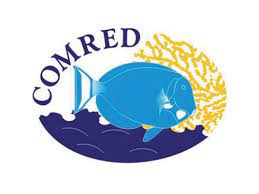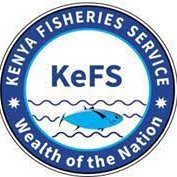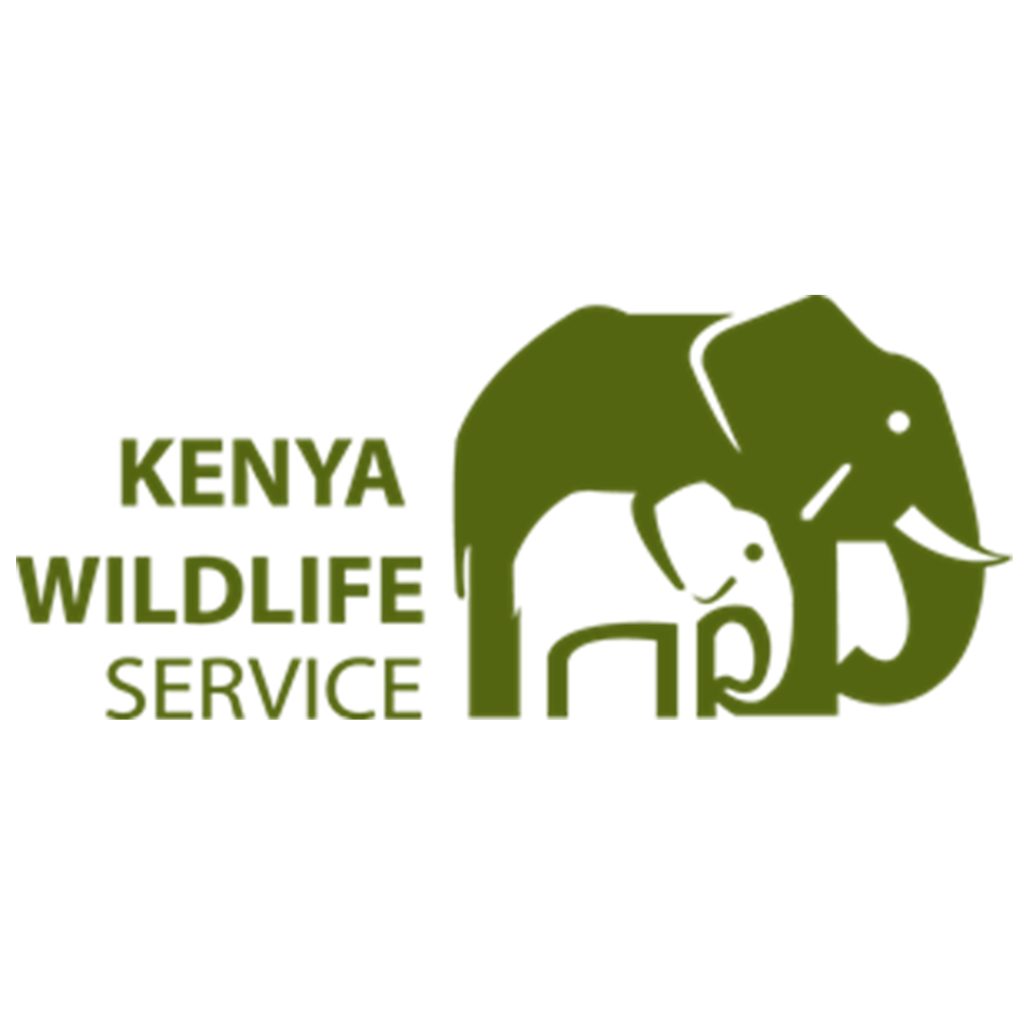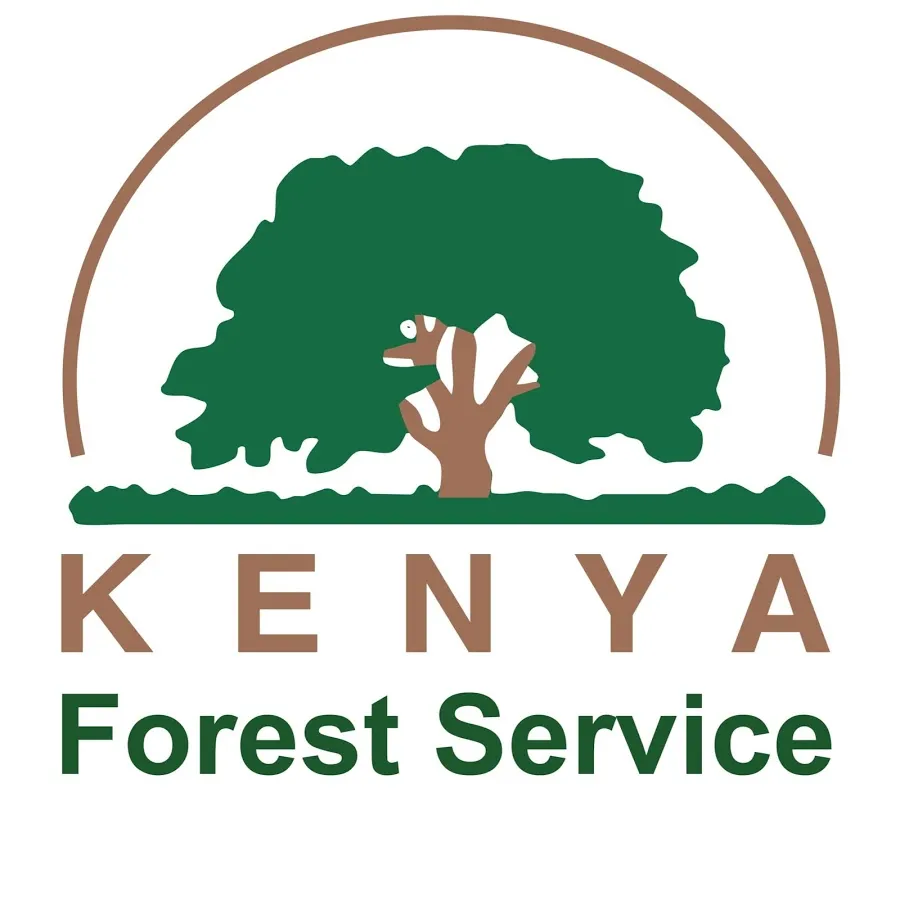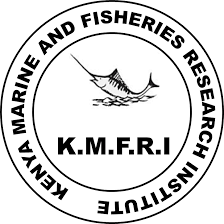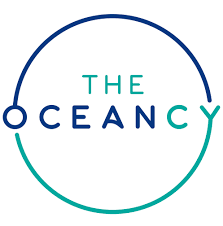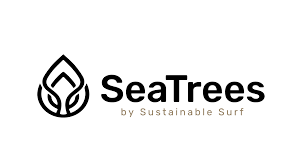
Protecting Kenya’s Coast Through Community Power
Since 2009, Community Based Environmental Conservation (COBEC) has united coastal communities to safeguard marine ecosystems, restore habitats, and protect endangered sea turtles. We believe lasting change starts locally—empowering people to become stewards of the natural resources that sustain their future.

Protecting Kenya’s Coast Through Community Power
Since 2009, Community Based Environmental Conservation (COBEC) has united coastal communities to safeguard marine ecosystems, restore habitats, and protect endangered sea turtles. We believe lasting change starts locally—empowering people to become stewards of the natural resources that sustain their future.

Protecting Kenya’s Coast Through Community Power
Since 2009, Community Based Environmental Conservation (COBEC) has united coastal communities to safeguard marine ecosystems, restore habitats, and protect endangered sea turtles. We believe lasting change starts locally—empowering people to become stewards of the natural resources that sustain their future.

Protecting Kenya’s Coast Through Community Power
Since 2009, Community Based Environmental Conservation (COBEC) has united coastal communities to safeguard marine ecosystems, restore habitats, and protect endangered sea turtles. We believe lasting change starts locally—empowering people to become stewards of the natural resources that sustain their future.

Protecting Kenya’s Coast Through Community Power
Since 2009, Community Based Environmental Conservation (COBEC) has united coastal communities to safeguard marine ecosystems, restore habitats, and protect endangered sea turtles. We believe lasting change starts locally—empowering people to become stewards of the natural resources that sustain their future.

Protecting Kenya’s Coast Through Community Power
Since 2009, Community Based Environmental Conservation (COBEC) has united coastal communities to safeguard marine ecosystems, restore habitats, and protect endangered sea turtles. We believe lasting change starts locally—empowering people to become stewards of the natural resources that sustain their future.


